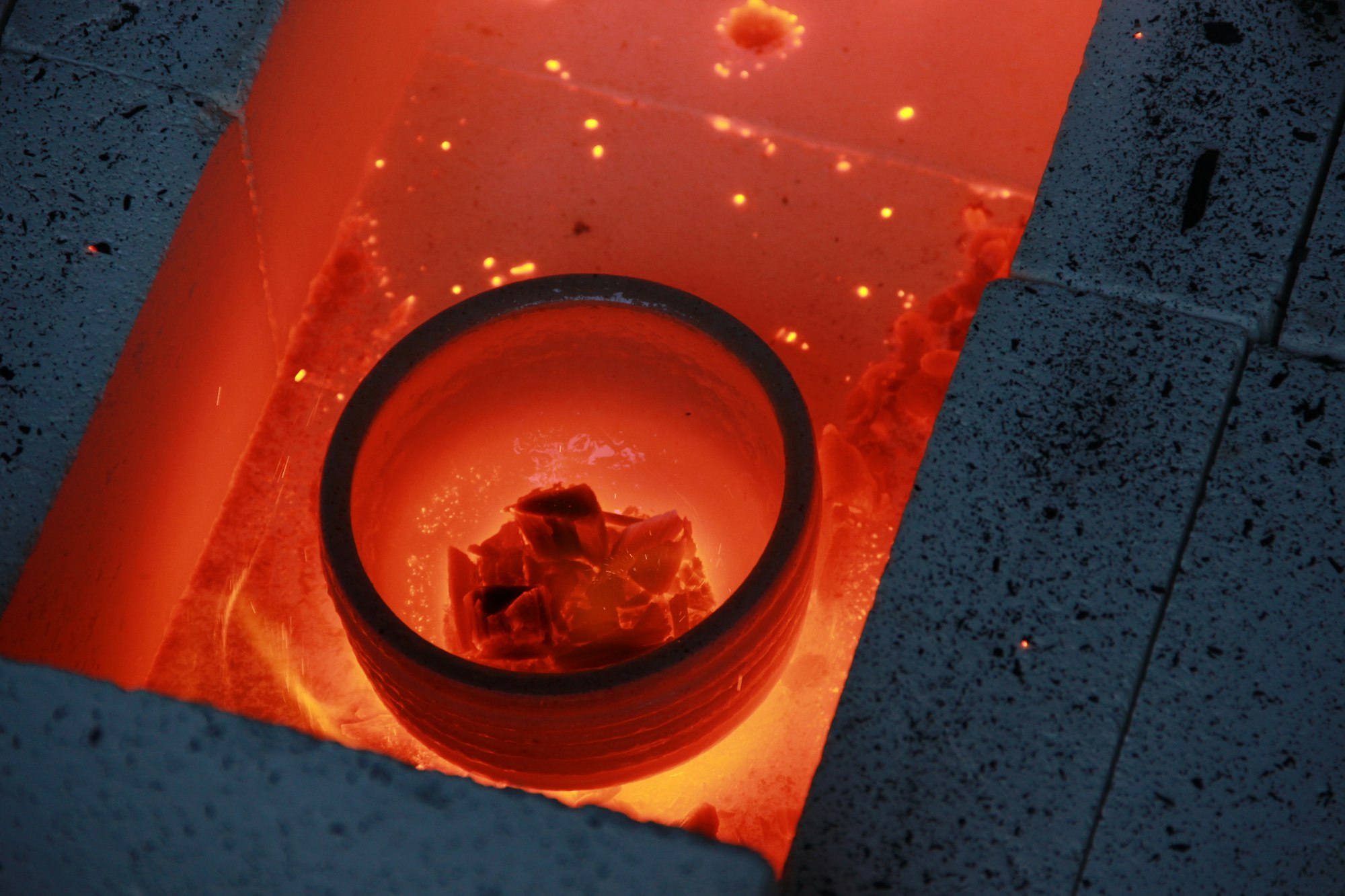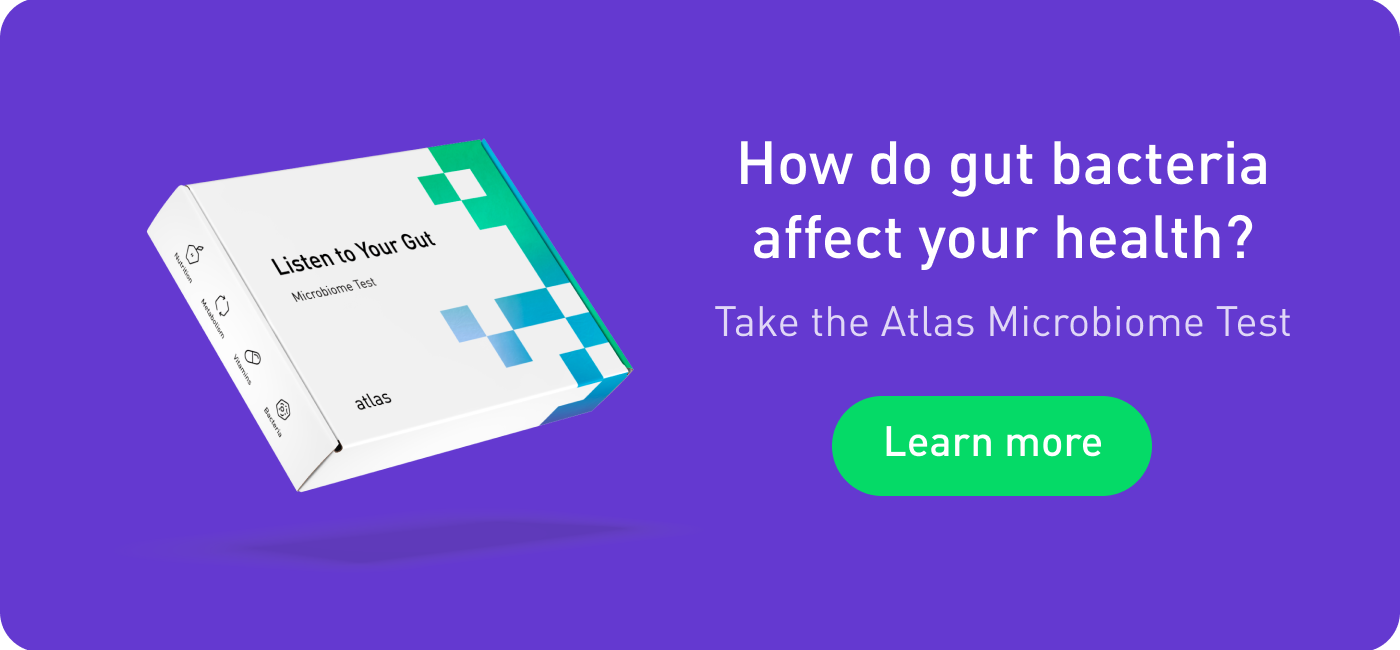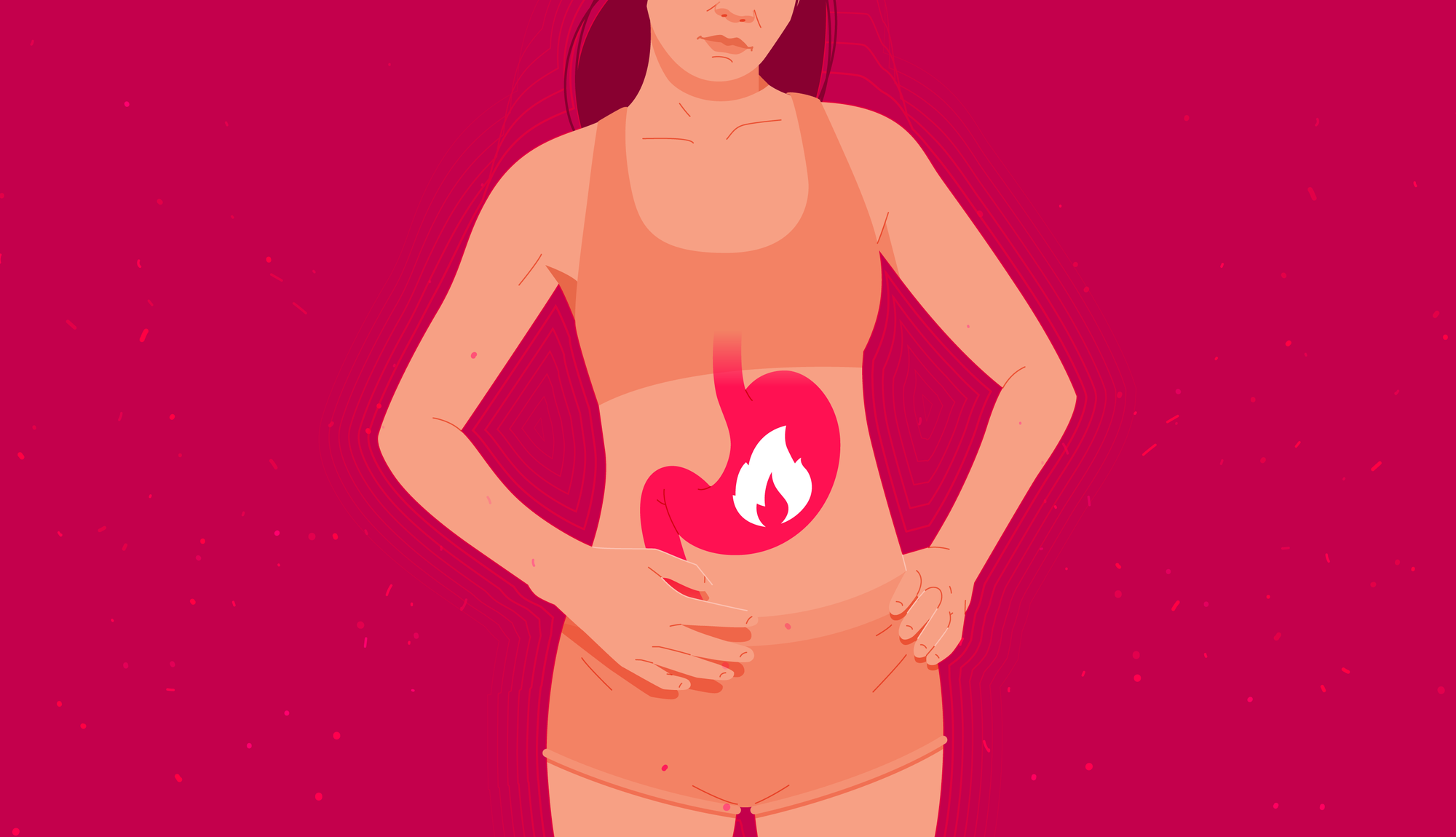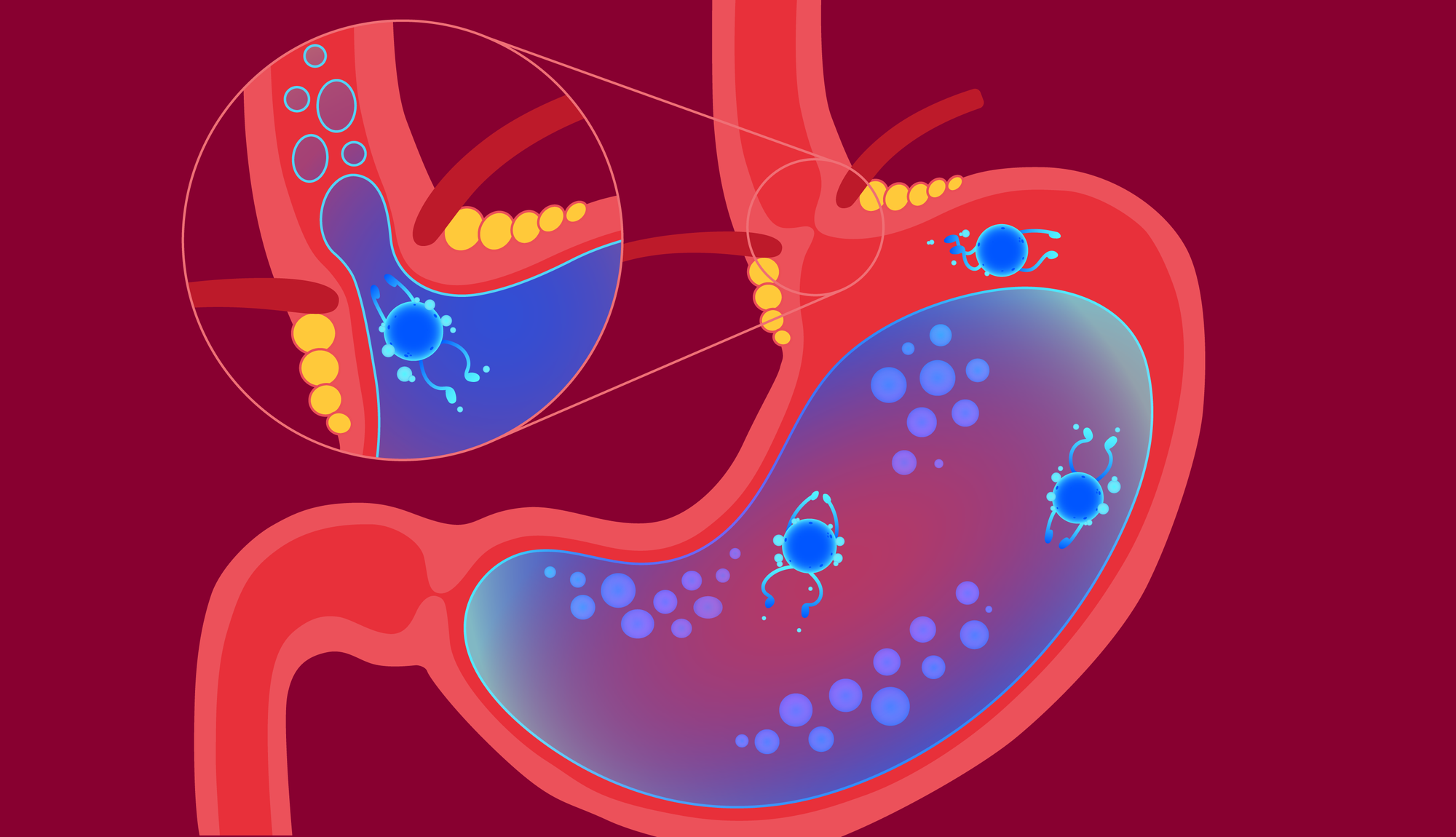Acid reflux is a condition that happens when stomach acid is pushed back up into the esophagus, resulting in acid reflux bad breath, heartburn, and shortness of breath.
Changes in how we eat and live haven’t only affected our waistlines, they’ve also made us more prone to heartburn. And now, research shows that heartburn and breathing problems are intimately linked.
This article is dedicated to the many questions people have about acid reflux breathing problems. If you’ve ever wondered whether indigestion can cause shortness of breath, if acid reflux and asthma are linked, or if heartburn is the cause of your bad breath, then you’ve come to the right place.
- 1. Acid reflux and GERD in a nutshell
- 2. Can acid reflux cause bad breath?
- 3. GERD, acid reflux breathing problems
- 4. Does acid reflux cause shortness of breath?
- 5. GERD and shortness of breath
- 6. Asthma, GERD, and breathlessness?
- 7. How to cure shortness of breath due to acid reflux?
Keep reading to the bottom to discover the seven most important facts about breathing and high stomach acid, and how to change your lifestyle to improve heartburn, breathing, and sleep quality.
☝️FACT☝️GERD affects 9–28% of adults in North America and Europe according to the International Foundation for Intestinal Disorders.
1. Acid reflux in a nutshell

Most people will experience the uncomfortable feeling of esophageal burning at least once in their life. In some cases, the wave of digestive juices can literally take your breath away. This very unpleasant, yet quite common problem is called acid reflux.
Many still think that heartburn is caused by too much stomach acid. However, much like the flat earth theory, this is a misconception. Heartburn happens when the acidic digestive juices of your stomach re-enter the esophagus (a place they shouldn’t be).
If this happens several times per week, it might be a sign of GastroEsophageal Reflux Disease (GERD or GORD), a condition in which the esophagus becomes inflamed from stomach acid damage. Symptoms of GERD include:
- regurgitation
- heartburn
- chest pain
- vomiting
- sore throat
- coughing
- wheezing
- bad breath
2. Acid reflux bad breath

GERD bad breath is an unpleasant manifestation of chronic heartburn. When stomach acid ends up in the mouth cavity, it can erode hard tissues and tooth enamel. This creates cavities that trap food where bacteria can feed and multiply.
Often, your dentist can tell whether bad breath is caused by acid reflux or because of poor dental hygiene and smoking that also cause dysbiosis of the oral microbiome. GERD patients tend to have teeth erosion, redness around the tonsils, tongue and gum irritation, and sour breath.
☝️TIP☝️Proper dental hygiene and over-the-counter medications can usually alleviate bad breath in a week or so.
3. GERD, acid reflux breathing problems
Can GERD cause breathlessness? Yes, GERD is linked to a number of common respiratory symptoms such as wheezing, chronic persistent coughing, and shortness of breath. One study suggests that 30–80% of people with asthma also have GERD.
However, the relationship between GERD and lung problems is not yet clearly understood, even though studies show that they often occur together. Case-in-point, a number of respiratory disorders are associated with GERD breathing difficulties.
Pulmonary disorders linked to GERD
| Bronchial asthma | Chronic obstructive pulmonary disease |
| Pulmonary aspiration complications* | Obstructive sleep apnea syndrome |
| Bronchitis | Pneumonia |
Includes lung abscess, bronchiectasis, aspiration pneumonitis
4. Can acid reflux cause shortness of breath?

Acid reflux shortness of breath (dyspnea) often happens at night. It is caused by acid rising up in the back of the throat where it can enter the lungs and cause the airways to swell. This is the reason for acid reflux in lungs symptoms, such as coughing and choking.
Young adults with nocturnal reflux breathing problems are more likely to have asthma and respiratory symptoms (especially coughing). Researchers have also found a relationship between GERD and obstructive sleep apnea syndrome (OSAS), a condition in which breathing can be interrupted during sleep, which affects the body’s oxygen levels.
5. GERD shortness of breath
Studies show that stomach acid can inflame the windpipe, which affects breathing. However, esophageal acidity can also trigger the vagus nerve which tells the lungs to tighten (bronchoconstriction), and this can cause GERD wheezing.
☝️TIP☝️The vagus nerve is an essential part of the central nervous system that is responsible for automatic bodily functions, like breathing and digestion.
6. Asthma, GERD and breathlessness

Many patients with asthma report heartburn and shortness of breath, as well as regurgitation and dysphagia (when the esophagus contracts and makes it difficult to swallow). This may be, in part, due to the pressure incurred by wheezing and coughing, which can be strong enough to push stomach acid up into the esophagus.
No matter the cause, the link between GERD and asthma is now obvious. That’s why doctors are now on the lookout for GERD in asthmatic patients, especially if:
- they developed asthma in adulthood.
- episodes appear after eating, exercising, or lying down right after a meal.
- their condition continues to worsen despite treatment.
7. How to cure shortness of breath due to acid reflux?
Because acid reflux can cause breathing problems, it helps to address this problem at the root - acid reflux. Lifestyle choices, physical fitness, and diet are strongly associated with heartburn, which also means that small changes can help prevent regurgitation, acid breath, heartburn, chest pain, and GERD breathlessness.
Risk factors for GERD
| Excessive eating or eating at wrong times | Smoking, alcohol, and chocolate |
| Too much acidic and fatty food | Slouching, poor posture, tight clothes |
| Obesity | Stress |
| Lifting heavy weights | Certain medical conditions and medications |
Fortunately, there’s a lot you can do today to reduce episodes of heartburn. These steps will also contribute to better overall health for both you and your gut microbiome:
- Quit smoking and limit stress
- Work towards and maintain a healthy BMI
- Choose small meals and avoid overeating
- Find out what foods trigger your acid reflux
- Avoid fatty foods and fill up on fiber instead
- Cut down on alcohol and caffeinated drinks
- Avoid wearing tight pants and belts
- Stop eating 2–3 hours before going to sleep
- Sleep with your upper body elevated
When do I need to see the doctor?
If your acid reflux happens more than twice a week or the symptoms are severe, it is time to see a doctor. Equally, if you have tried medications together with lifestyle changes and they don’t bring long-lasting relief, you need to consult a healthcare professional. Don’t forget to tell your doctor about any medication you are taking because some drugs can cause GERD symptoms.
Because breathing problems and acid reflux can be symptoms of a number of conditions, your doctor may want to run a few tests to get a clear idea. For example, they might need to check for ulcers, physical narrowings in the esophagus, pH levels, and tissue changes.
For this reason, your doctor may recommend an endoscopy (where a small tube with a tiny camera is inserted into your esophagus) and take some samples in order to identify the cause and pick the best treatment for your case.
The doctor may recommend that you start with lifestyle changes, such as quitting smoking and avoiding fatty foods, in combination with anti-reflux medication to manage your problem. In some cases, such as hiatal hernia, surgery may be required.



















